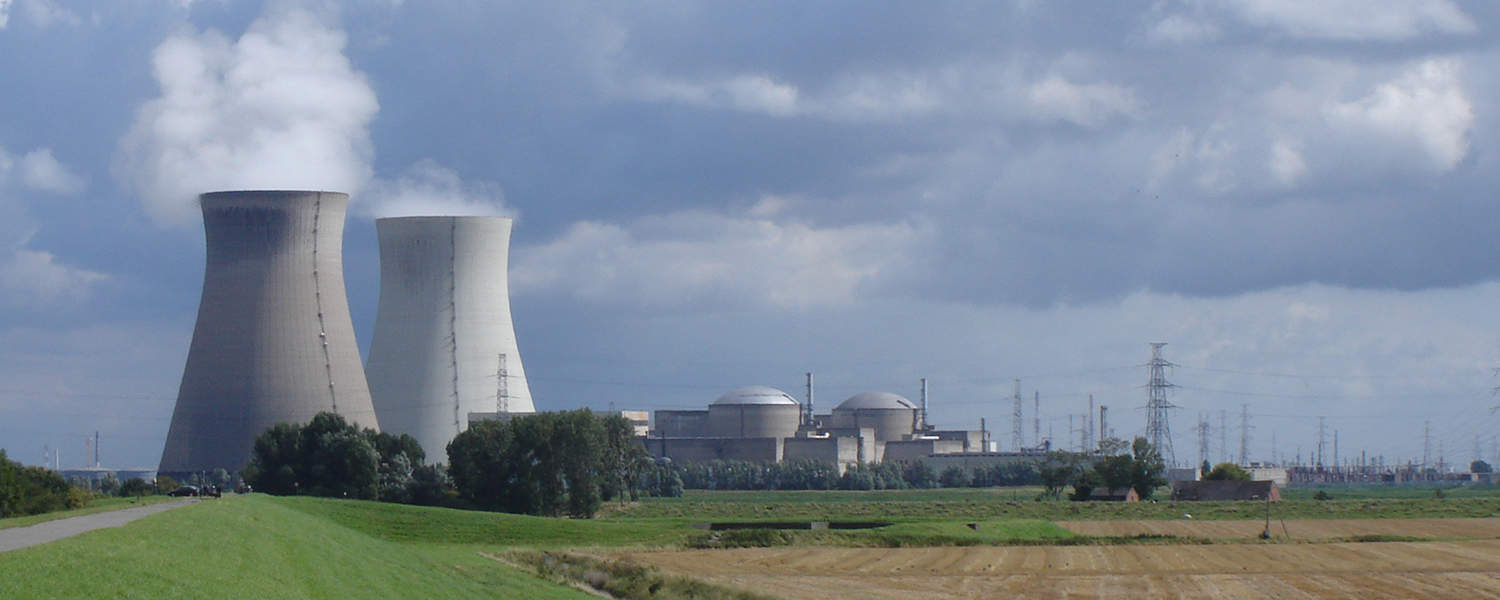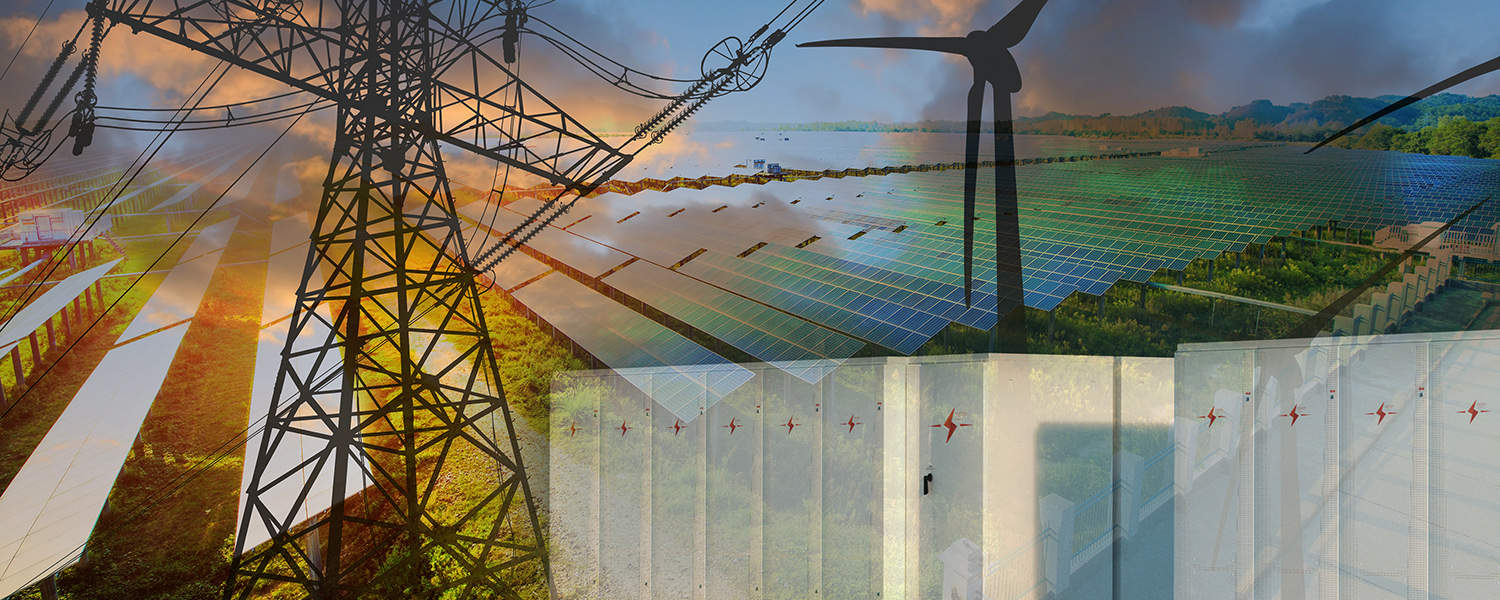Electric Industry Overview
EUCI has spent decades amassing a wealth of industry knowledge and connections, all in the service of making you more knowledgeable about the electric industry. See how we can best serve you!
Courses and conferences cover the full range of topics – from non-technical, tutorial-style introductions that orient attendees on fundamental industry concepts to in-depth, quite granular treatments of highly technical and complex industry measures.
In-house, tailored events empower industry organizations to bring experienced subject matter experts (SMEs) addressing pre-arranged topics and related nuances to meet staff requirements and further organizational objectives.
For decades, electricity generation has largely been the outcome of large mechanical systems converting fossil fuels – coal, natural gas, oil and uranium – into energy. The capture and release of large volumes of water, or hydropower, is another form of generation that has played a storied history in the power industry. These conventional, or baseload, generation technologies still occupy an essential role in power generation, but now share the space with newer technologies that use sunlight, wind – and yes, trash – as their fuel source. While this is hardly news to power industry professionals, it is also true that each of these technologies demand ongoing training to unleash the full scope of their performance and properly leverage their function in the power system. EUCI offers a spectrum of events to stimulate understanding and enhance skills in all the types of power generation.
Featured Events

Renewable Energy Credit (RECs) Market Dynamics
December 2-3, 2024 | Online

Long Duration Energy Storage (LDES) 101
December 9-10, 2024 | Online
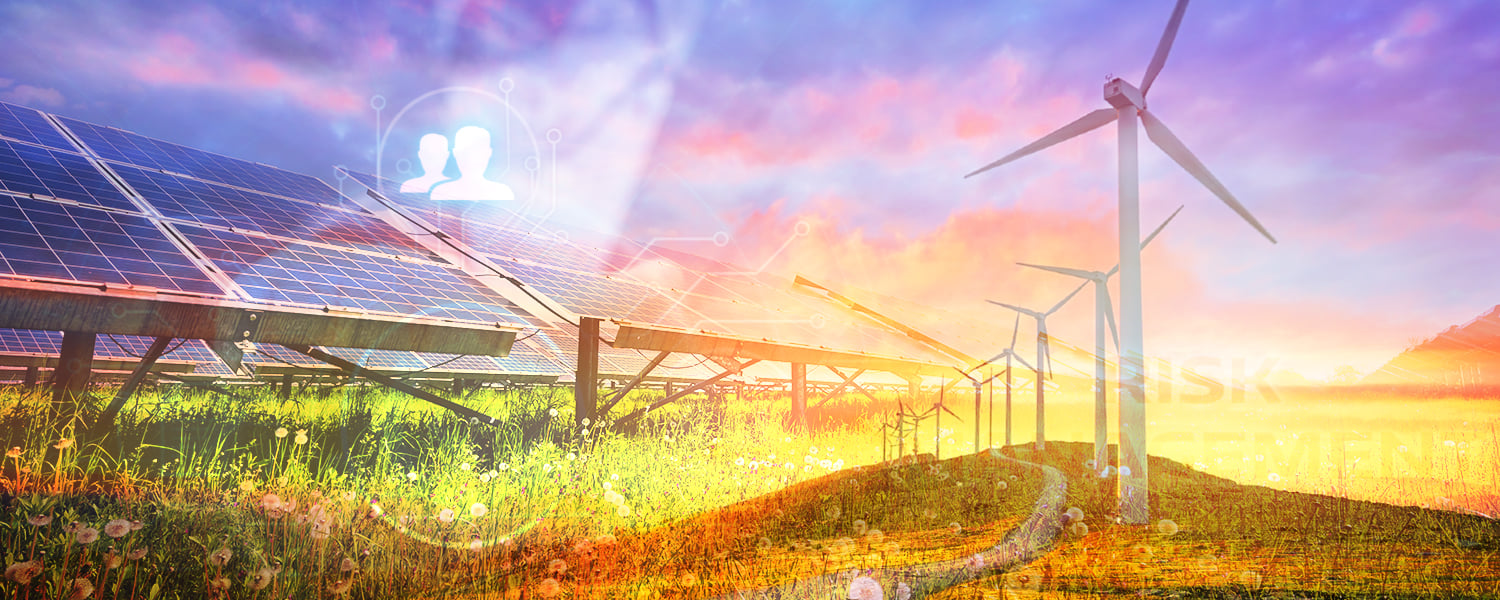
Renewable Energy Insurance and Risk 101
December 10, 2024 | Online
Types of Generation

Coal-Fired
Until about 2015, coal powered an average of 50 percent of all generation sources. About that time, however, the coal proportion of the fleet entered a significant decline owing to three prominent drivers:
- Environmental regulations that prompted plant retirements
- More aggressive renewable energy development
- Fracking-induced lower-cost gas
Though it is throwing a smaller shadow across the supply stack than it used to, coal generation nonetheless retains critical importance in supporting grid reliability and stability. To that end, EUCI events offer essential value and insights regarding technology, process and policy issues that recognize coal generation’s irreplaceable role in the power system.

Combined Cycle
Heat rates, higher efficiency, lower fuel costs, reduced emissions – these are the characteristics that utilities, load serving entities and merchant generation companies want in their fleet. Utilizing both gas and steam turbines, combined cycles produce higher amounts of electricity from a single fuel source when compared to a traditional natural gas power plant. The gas turbine compresses air and mixes it with natural gas, bringing it to a very high temperature before moving the mix through the turbine. A heat recovery system captures the heat exhaust from the turbine, creates steam, and sends the steam to a turbine, which results in additional power generation.
EUCI training offers detailed examination of mechanical, chemical and related processes that set these units apart and yield maximum performance.
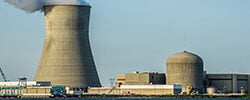
Nuclear
Nuclear plants generate power through a nuclear fission reaction (nucleus splits spontaneously into smaller fragments) and uses uranium as fuel. They are deemed much more reliable than other power plants and more efficient due to the huge amount of power generated from low quantities of fuel and, until the late twentieth century, turned out nearly a third of the total electricity output in the U.S. Then community tensions, a couple of infamous safety events, and mushrooming construction costs curtailed significant expansion. Still, its high energy output, complex operations, carbon-free emissions, electricity output, and promising research and development initiatives for more distributed deployment all necessitate ongoing EUCI coverage to keep the industry informed.
Renewable & Variable Energy Resources

Hydroelectric
Harnessing the gravitational force of flowing water to generate power has played a huge role in the history of providing affordable electricity in large regions of the continent. This hydroelectric power is a coveted resource where it is available, as it is more or less emissions-free and dependable except under extraordinary climate conditions. Yet, it’s a technology whose portability is restricted to certain topographical areas, is very expensive to construct and – in recent years quite difficult to permit. For these and other reasons, much of the focus in EUCI hydropower events is how existing facilities can optimize their efficiency and extend their deployment.

Solar
For years, solar power was relegated to sun-drenched climates. Today, individual project solar arrays can sweep across hundreds of acres of pastoral landscapes. The technology generates electricity silently, cleanly and – increasingly – inexpensively. With so many desirable attributes, it will play a big part in the power system of the future. EUCI offers diverse programming to explore the range of financial, operational and policy elements that give luster to solar, as well as what the technology needs to deliver even greater power dividends.

Wind
The first renewable energy resource to gain a foothold on the bulk power system, wind technology is now multiple generations into its development genealogy. Because it is most plentiful in areas typically remote from load centers, wind’s natural partner is a robust transmission network. Especially promising in its future trajectory is cracking the hard shell of offshore siting. EUCI programming captures the innovations and re-thinking that are the hallmark of the wind development power sector.

Storage
How to reduce system peak load demands so that a significant percentage of plants don’t sit idle for lengthy periods of time, only to be available for short bursts of power? The technology and economic viability of the various technologies that comprise storage are just now merging into the mainstream. Even so, the promise of breakthroughs on a multitude of fronts is tantalizingly close. To that end, EUCI offers a variety of storage events that cover the gamut, from technical to policy to financial – certain to catch the first falling star.
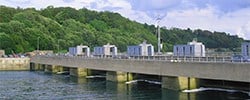
Tidal and Geothermal
Tidal energy is created from converting force tides into power. It’s more predictable than wind and solar but is still not a mainstream source of energy, due partly to its relatively high cost and limited availability of sites with a sufficient tidal range to generate enough electricity.
Geothermal plants utilize both water and heat resources and include three main power stations: steam, flash steam, and binary cycle. All three types use steam turbines to produce electricity and are considered environmentally friendly, emitting lower gas levels than coal-fired plants.
While neither option is currently economically prudent to deploy on a widespread basis, EUCI recognizes the importance these generation options play in special circumstances and monitors the space for breakthroughs that may open up future, unimagined possibilities.

Renewable Gas
“Renewable Gas” is increasingly gaining attention as a valuable resource in the decarbonization era, offering the potential to utilize existing pipeline infrastructure and serve as a long-duration storage resource. EUCI is expanding program offerings to evaluate the technical, policy, and financial elements of this resource, covering two specific categories:
- Renewable Natural Gas (RNG): pipeline-quality natural gas (biomethane) derived from processing, cleaning and treating raw biogas; primarily from landfills, wastewater treatment plants, and animal manure. It is interchangeable with natural gas and carbon neutral
- Renewable Hydrogen or Green Hydrogen: hydrogen produced without emitting greenhouse gases as a by-product. It can be generated from renewable electricity by electrolysis, from biogas by steam reforming, and biomass through thermal conversion.
Featured Articles
Exclusive content from staff writer Mark Jaffe
Electric power transmission is the bulk movement of electrical energy from a power plant to a substation. The interconnected lines that move the electricity, also known as “the grid,” change the low voltage that’s produced through generation into a high voltage so electricity can travel over long distances. It can be transmitted through overhead and underground lines and are comprised of power lines, cables, circuit breakers, switches and transformers and is administered on a regional basis.
Simple though it seems, ubiquitous as it must be, transmission technology still demands meticulous execution – which is why it is likely the most completely covered of all EUCI programming.
Featured Events

Electrical Transmission and Distribution Corrosion
December 4, 2024 | Online
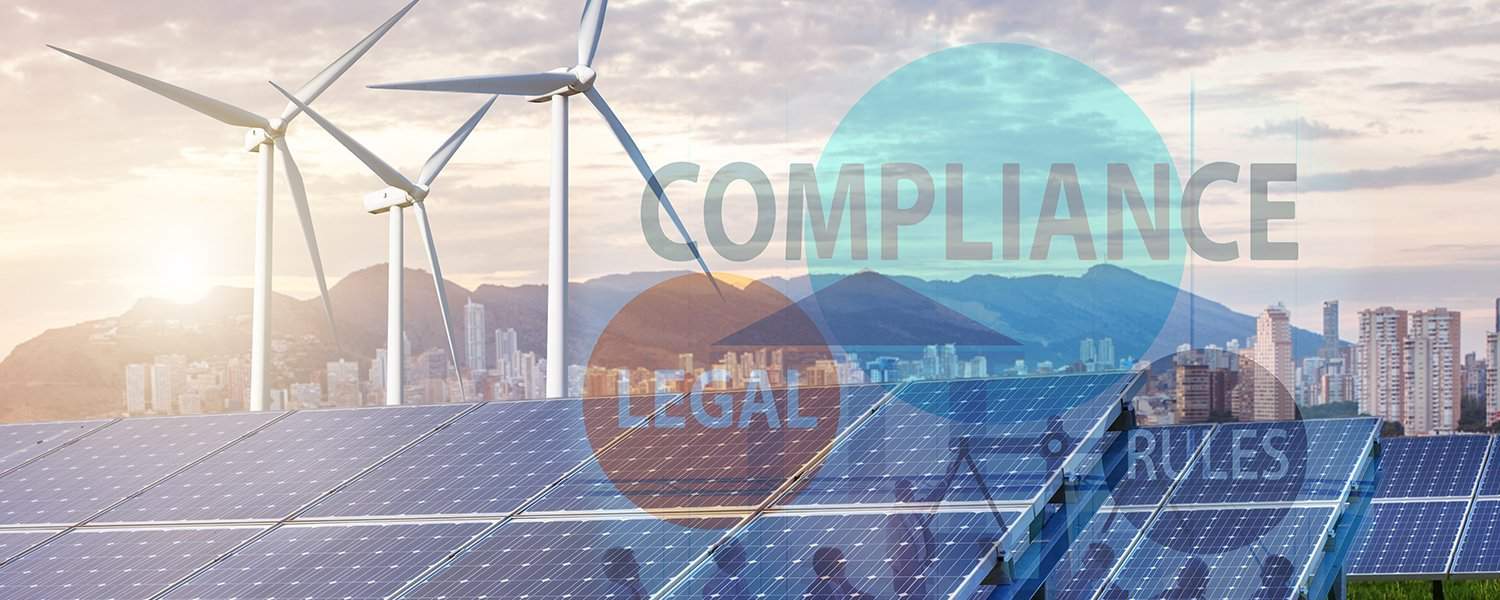
NERC Fundamentals and Compliance
January 16, 2025 | Online

Transmission Line and High-Voltage Substation Electrical Safety
January 21-22, 2025 | Online
Featured Articles
This is the final stage of the electricity delivery process, which completes the movement of electricity from the distribution substation to the end users, whether they be industrial, commercial, or residential. The distribution system has underground and overhead portions comprised of transformers, primary and secondary circuits, switches, system communication components, voltage regulators, and other system protection equipment.
The local dimension of the power delivery system is in the midst of its own journey, as it contorts from a traditional, centralized, one-way power flow to the more distributed paradigm of renewable energy resources, batteries and the like. The distribution system’s most interesting history lies ahead, and EUCI is chronicling that transition.
Featured Events

Electrical Transmission and Distribution Corrosion
December 4, 2024 | Online

Electric Distribution Fundamentals
January 14-15, 2025 | Online
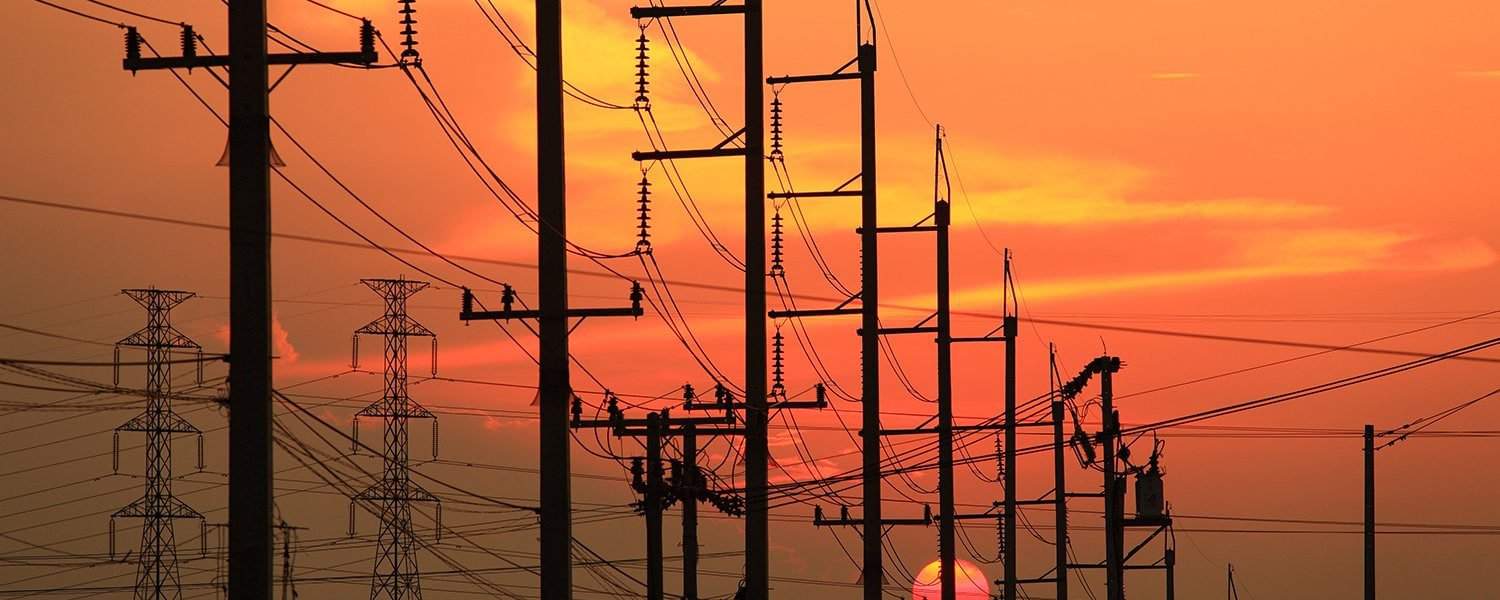
Pole Attachments and Joint Use for Investor-Owned Utilities
January 22-23, 2025 | Online
Featured Articles
Accounting and finance are covered in great breadth and depth at EUCI. Instructional programs range from fundamental concepts to deep-dives into more advanced content. Whether it regards FERC, markets, appraisals, depreciation, rate making and more, our sharply nuanced courses highlight details for those new to the industry, as well as those who are more seasoned experts.
Featured Events

New events will be coming soon!
We do not currently have any events in this topic. Do you have expertise in this area? We are always looking for contributors; if you want the chance for your voice to be heard by tens of thousands industry professionals please visit https://www.euci.com/speakers/ to learn about becoming an EUCI instructor
Featured Articles

New content will be coming soon!
We haven't had any articles on this topic recently. Do you have expertise in this area? We are always looking for contributors; if you want the chance for your voice to be heard by tens of thousands industry professionals please get in touch with us at [email protected] to inquire about writing for us
In several regions of North America, electricity is considered a commodity and is therefore bought, sold, and transacted through wholesale power market operators known as Independent System Operators (ISOs) and Regional Transmission Organizations (RTOs). At the turn of this century when these ISOs and RTOs were established, they mostly supplanted the operation of vertically integrated utilities in the respective parts of the continent where they formed. The role of these organizations is to manage the flow of power through multiple, complex market mechanisms whose operations are designed to ensure transparency and fair access to the electricity product. Collectively, in Canada and the US they coordinate, control, and monitor some two-thirds of the electricity used and the same percentage of their population. The Federal Energy Regulatory Commission (FERC) is responsible for regulating ISO/RTO policies and implementation measures.
EUCI offers programming to inform how these complex wholesale power markets operate and provides a forum where market participants, system administrators and economists can engage on policy matters that influence market outcomes.
Featured Events

Renewable Energy Credit (RECs) Market Dynamics
December 2-3, 2024 | Online

Introduction to Regional Wholesale Electricity Markets - RTOs & ISOs
December 9-10, 2024 | Online

Key Account Management for Utilities
January 15, 2025 | Online
Featured Articles
Exclusive content from staff writer Mark Jaffe
The two levers that ensure markets best serve their full scope of interests are regulation and compliance. Each is not the other, but the distinctions are often lost on market participants. Neither is monolithic, both are multi-layered. Regardless the industry, local, state, regional and federal jurisdictions overlay quasi bureaus and special district agencies. EUCI sorts through the noise to make sense of how policy-makers, advocates, watchdogs and market-makers are steering the market.
Featured Events

Working with Electric Utility Contracts
December 4-5, 2024 | Online

FERC Accounting 101
January 14-15, 2025 | Online

NERC Fundamentals and Compliance
January 16, 2025 | Online
Featured Articles
Exclusive content from staff writer Mark Jaffe
Behind the scenes of any successful business are the people who are the beating heart of the enterprise. Whether you’re on the front lines of customer service or in the back-office as an accountant, HR personnel, assistant, or supervisor – all planners and managers who make the business run day-to-day – EUCI recognizes the vital role of these essential employees and cater a wide range of courses and conferences for their benefit. From leadership seminars to accounting 101 to customer service and billing, we are dedicated to helping all employees reach their full potential.
Featured Events

New events will be coming soon!
We do not currently have any events in this topic. Do you have expertise in this area? We are always looking for contributors; if you want the chance for your voice to be heard by tens of thousands industry professionals please visit https://www.euci.com/speakers/ to learn about becoming an EUCI instructor
Featured Articles

New content will be coming soon!
We haven't had any articles on this topic recently. Do you have expertise in this area? We are always looking for contributors; if you want the chance for your voice to be heard by tens of thousands industry professionals please get in touch with us at [email protected] to inquire about writing for us
Every year, technology is coming into its own and “transforming” the way we think, live and conduct business. Good economy or bad, the pace unrelentingly accelerates. Hardware and software have been replaced by virtual infrastructure. No industry is immune from this wave. Across many sectors of the economy, EUCI is devoted to chronicling the path and trajectory of the ways in which technology is re-shaping specific industries, in both dollars and sense.
Special Topics in Technology

Electric Vehicles
The EV industry is growing at an astounding pace, as overall affordability for EVs allows for more consumers to purchase EVs than ever before. The scale at which transportation electrification is taking place has profound impacts to the electric grid, ushering in a new era of utility involvement in private and public transport.
EUCI continues to stay on top of this rapidly growing industry, offering cutting edge content on how EVs are transforming the grid and utility operations.
Featured Events
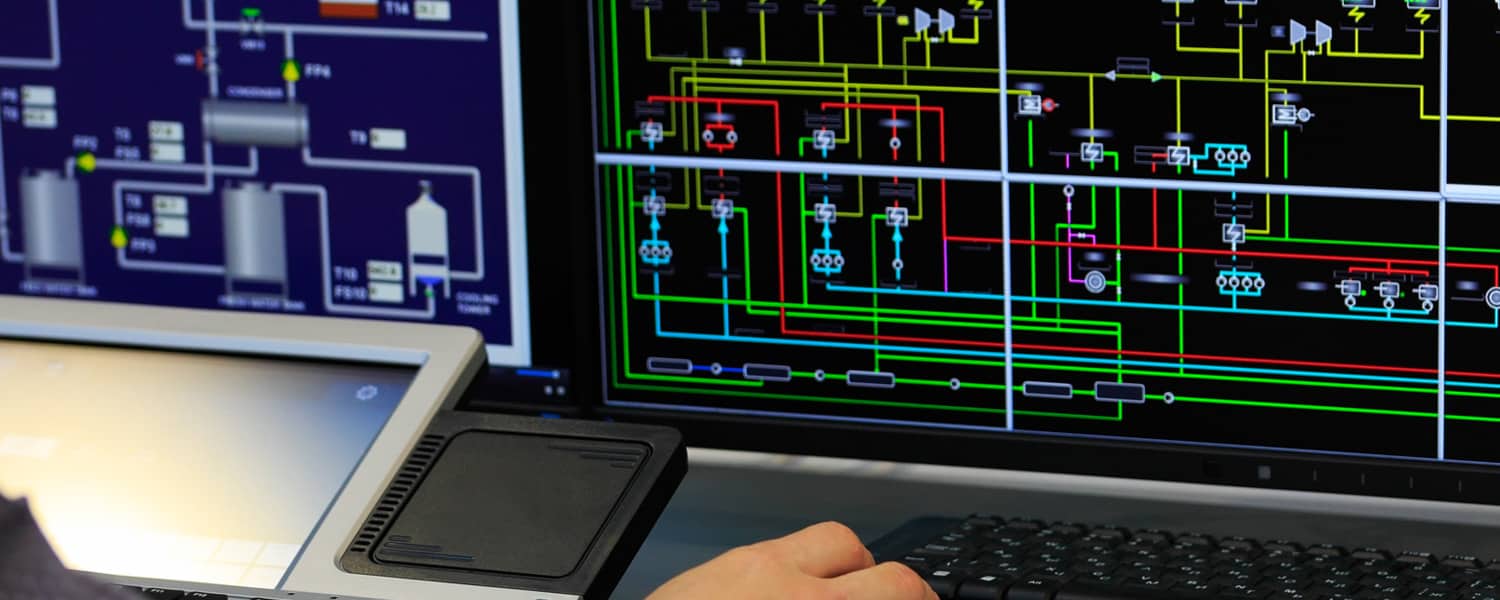
SCADA 101: Fundamentals with a Focus on Energy Management System (EMS)
January 13-14, 2025 | Online
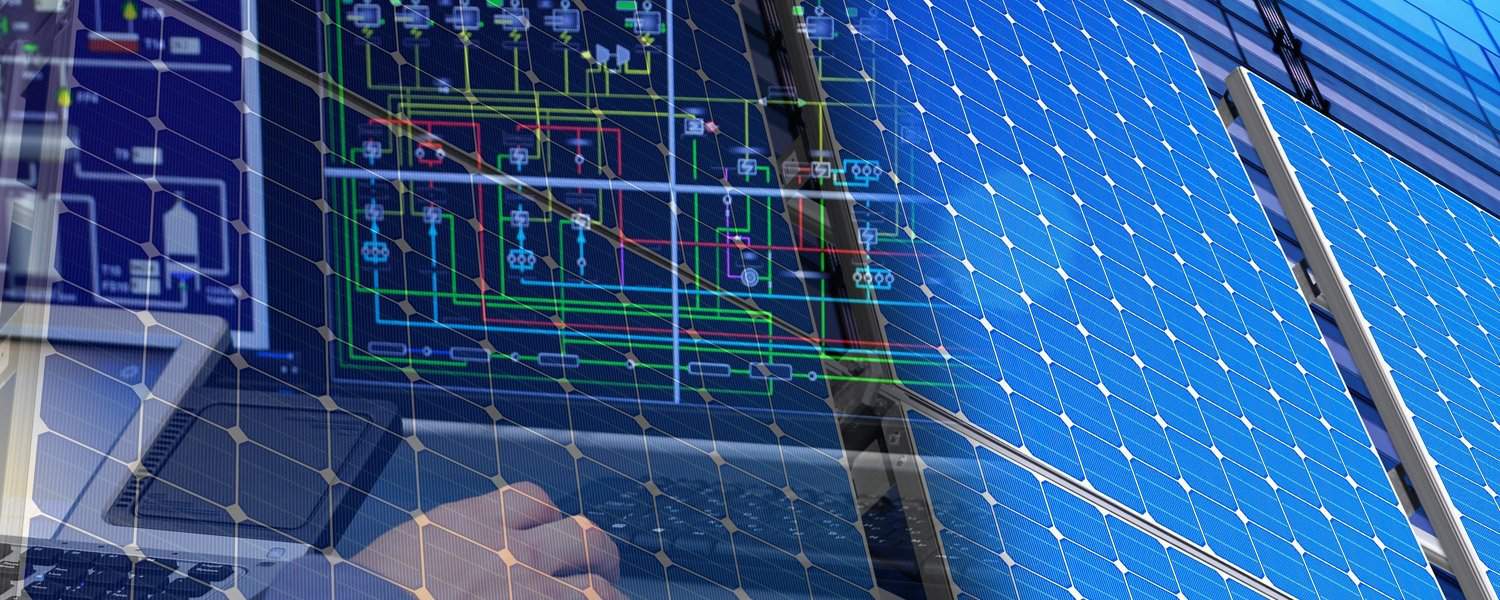
Plant Controls and SCADA for Grid-Scale PV & PV-Storage Hybrid Plants
March 26-27, 2025 | Online
Featured Articles
A concept is not clearly understood until it is personally experienced. EUCI is committed to closing that learning gap by infusing its business courses and conferences with “eye witness” practitioners and experts who, 1) have lived it and, 2) are skilled in forming that knowledge and trade wisdom into digestible terms. Testament to how well EUCI has succeeded in blending expertise with simplicity is that many of the longest-running and widely attended programs include in the title such terms as “101” and “Fundamentals”.
Featured Events

Working with Electric Utility Contracts
December 4-5, 2024 | Online

Introduction to Regional Wholesale Electricity Markets - RTOs & ISOs
December 9-10, 2024 | Online

Renewable Energy Insurance and Risk 101
December 10, 2024 | Online

